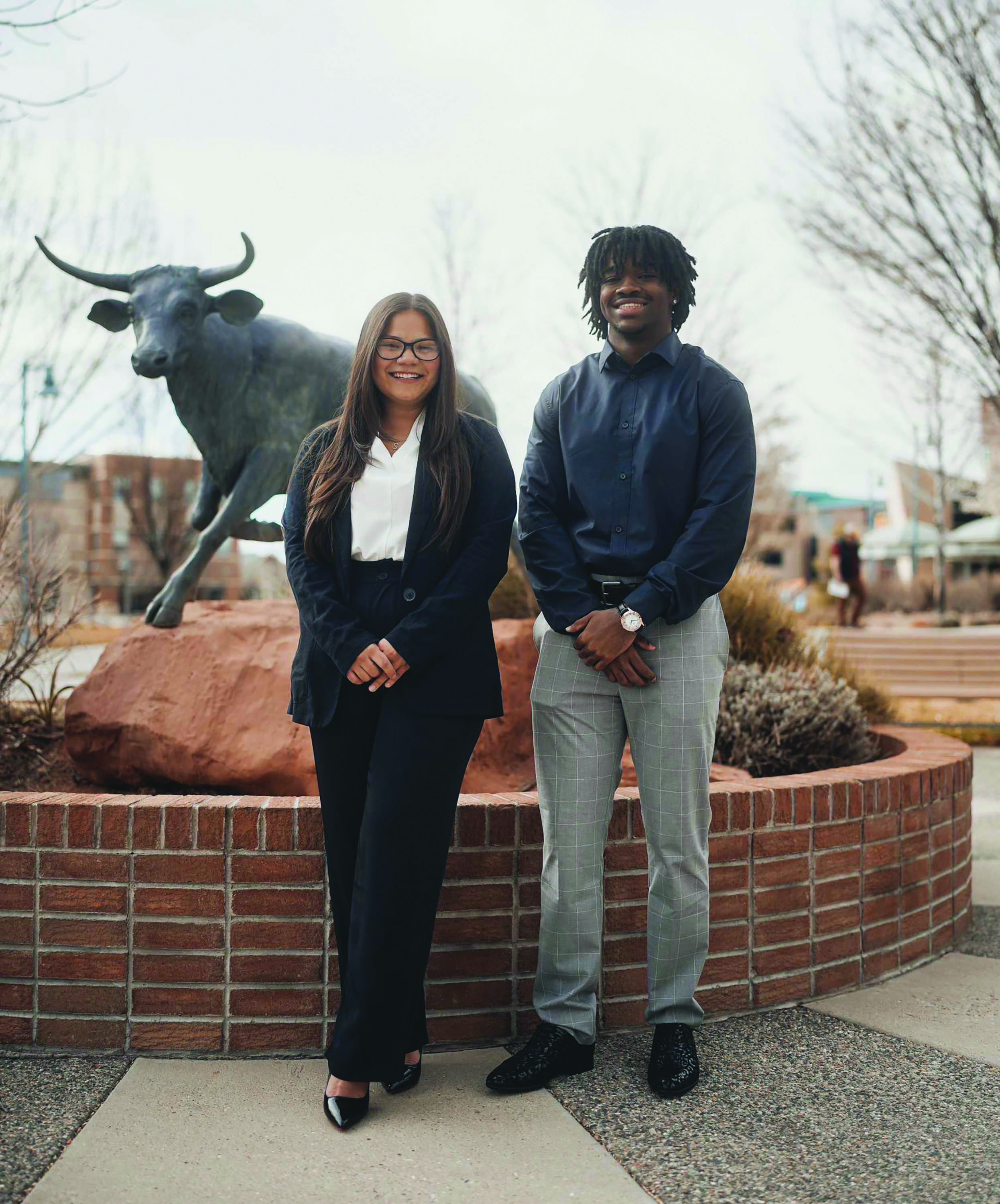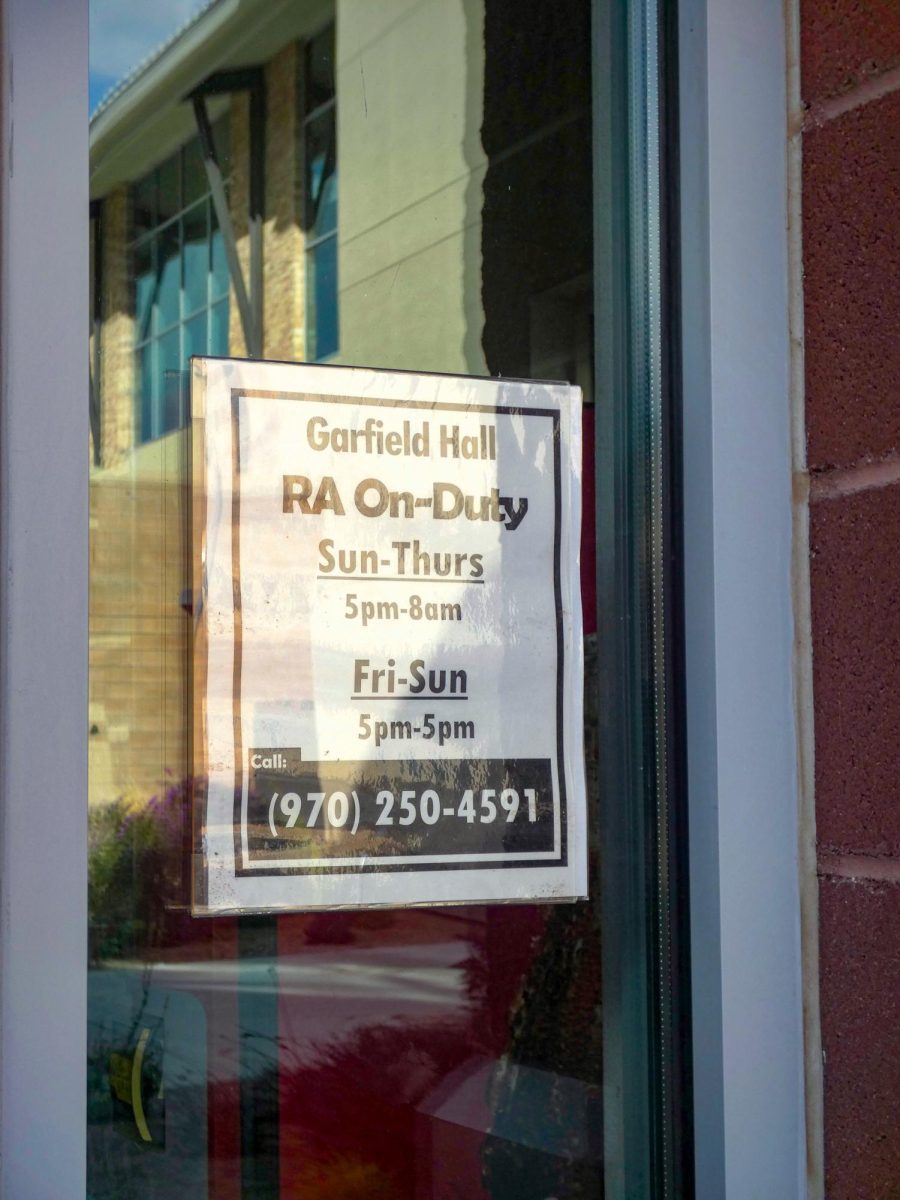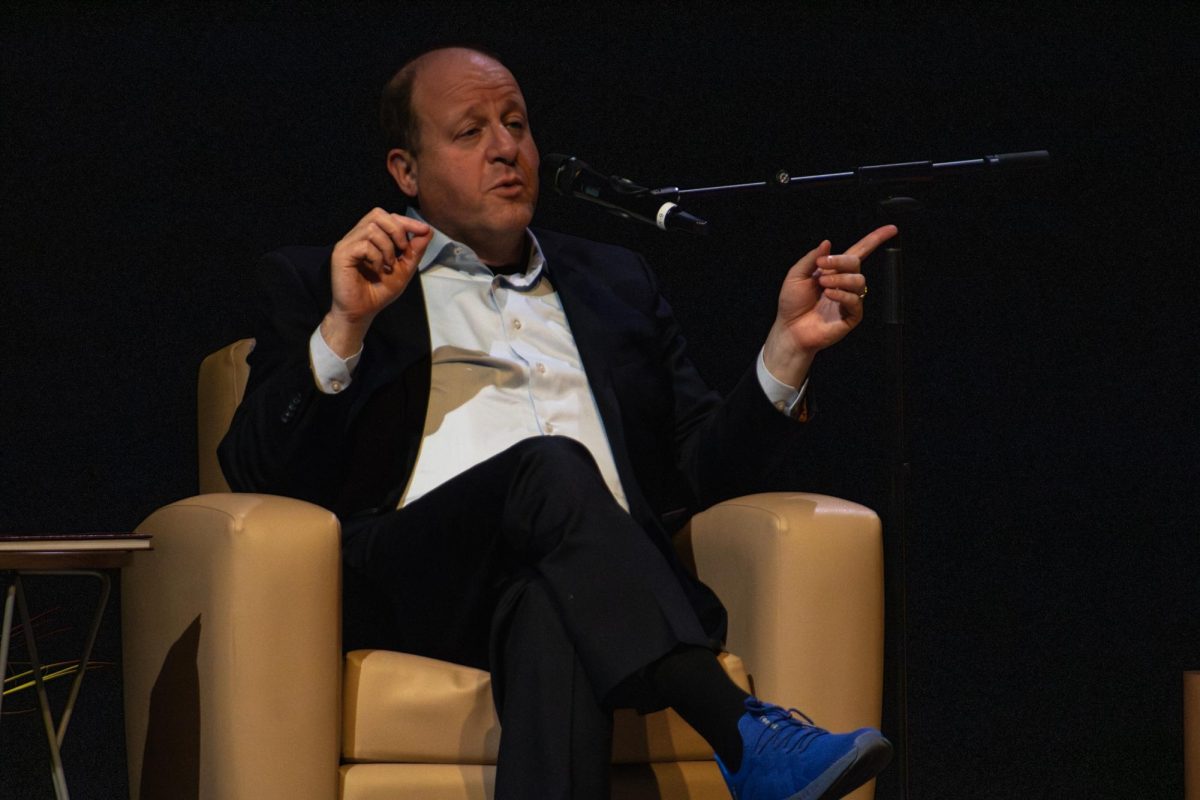Recently, Education Secretary Betsy DeVos announced that her department will review the Obama Administration’s policy on campus sexual assault. Title IX is a federal law that protects students from sexual harassment on campus. DeVos would like to change some points in the Title IX guidelines.
“If you rewind to 2011, the Obama Administration specifically and the acting secretary at the time wrote a ‘Dear Colleague’ letter,” Colorado Mesa University’s Vice President for Student Services John Marshall said. “The Colleague letter of 2011 came out of the Office of Civil Rights within the Department of Education.”
The Office of Civil Rights is called OCR and the Dear Colleague letter PDF can be downloaded. Marshall went on saying that what that letter did, specifically for people in his job all over the United States, was they needed to do a whole series of things under the Title IX law.
“What the Dear Colleague letter did was lay out really specific parameters but did so not using the Administrator’s Procedures Act,” Marshall said. “The APA is a federal law that says, if you, as an agency, are going to take a statue and then going to provide rules around that statue.”
When Congress passes a high-level law, each department will get notified. Each department will fill in the blanks about how they are going to enforce the law. Then APA wants the departments to publish the draft, tell the United States what the draft is, give them so many days to comment and come back to the APA.
“The Obama Administration didn’t do that. They said ‘no we are just going to tell you what it is’ because what many people will tell you is that they were providing guidance,” Marshall said. “They thought this was the right thing for institutions to do, and they really didn’t want to have to deal with all the feedback and comment. They just wanted to make it happen.”
It potentially made a lot of people in Marshall’s job question the Obama Administration.
“It included things like that two individuals were not allowed to cross exam each other, not under any conditions,” Marshall said. “Now imagine, for a moment if Person A accused you for sexual harassment, and you say ‘well wait a minute, I get a chance to know who’s accusing me of this.’’’
The Obama Administration said this would not be allowed. They wanted to protect the victim by not letting them see or talk to the accused. The hardship was that when the Colleague letter came out in 2011, there were dozens of lawsuits with young men that have been kicked out of school without much due process.
Marshall stated that these individuals had no hearing and no chance to faced the accused. They maybe were not even sure who accused them, so the investigator ultimately decided what happened.
“What if they got it wrong? The accused never had to chance to speak their side, never had a chance to have a lawyer, never had the chance to ask some questions. Never had a chance to present their side of the story,” Marshall said, “Well wait a minute? How is this fair? We have to have some semblance of fairness.”
Betsy DeVos believes the United States has gone too far, and she wants to revisit this issue. DeVos will be opening it up for public comment.
“My hope is that we can find some sort of middle ground where we do the right thing, for students,” Marshall said. “What CMU has done over the last many years is that we have continued every year to revise our policies, which you will see in our policies: due process.”
When CMU is informed of a complaint, they assign an advocate. The advocate’s job is not to investigate, but to support the students. CMU provides both the complainant and the respondent with an advocate. In the end, they both need some support no matter what the situation may be.
CMU will work through it with both parties. They will get an investigator but the investigator won’t ask did you or did you not do this crime. The investigator is going to say “here’s what I found.”
“My office will call a hearing, which will have, two faculty, two students, two staff. You get a blank slate, you get a fair shot. We are going to sit down and get to the bottom of it.” Marshall said, “Yes, it could be intimidating, so we separate them and let them listen in on conference calls. We are trying to protect the victim and we are also trying to protect due process and the accused.”
In the end, CMU wants to provide everyone involved a fair hand, and hopes that regardless of who is in office, national campus policies will find a fair balance.














